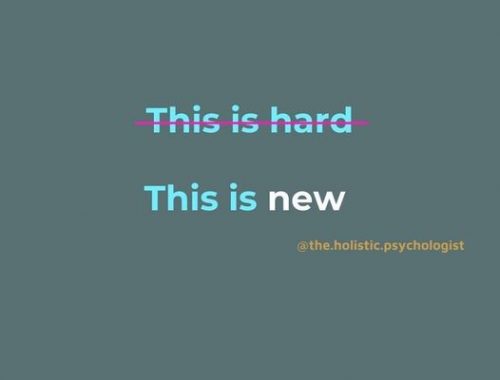There is nothing more frustrating than being undervalued
One of the biggest challenges working in communications, and in many other corporate service areas, is feeling undervalued. In government, often there is a perception that our professional advice and services are seen as less important.
I have worked with many clients who are banging their head against a wall, battling to get recognition. These people don’t just work in communications, I know a lot of corporate services staff tend to feel undervalued, almost second class citizens to those in business areas. No matter how hard you work, some days it feels like an uphill battle.
I have been privileged in my career to work with a number of executives who valued the advice and support professional strategic communications could provide. These were my most satisfying roles. The ones where I was was called on to provide my opinion, engaged early and supported to succeed.
I know that this is not the norm working in government communications. It is a profession that is often misunderstood and undervalued. I have experienced the other side as well, where I have been cut out of conversations as I was “just the comms girl” and I have been questioned on more than one occasion “what does your team do all day?” (not offensive at all).
Why is communications undervalued?
I think there are a number of reasons that many of us feel undervalued. It is about how our profession is perceived by others, but some of it is of our own making.
One of the main causes is that communications, as a term, is used so broadly that everyone thinks they can do it. It’s just talking and writing… how hard can it
Second, what we do can be difficult to measure (other than just in outputs) and even harder to explain to the uninformed. Showing awareness, behaviour change, understanding, building reputation is tough unless you can do long-term, broad market research. Even then it appears to be an area it feels like this is open for everyone to contest – there wasn’t a broad enough sample, the questions weren’t right… Demonstrating our value in a way that others will understand can be hard.
Finally, in my experience communications people are the worst at communicating about themselves. Often because we are too busy moving onto the next project for someone else, we often forget about talking about our contribution. How will anyone know about the value you have contributed to the organisation if you haven’t told them? How will they know about the breadth of your skills if you don’t sell it? We undervalue ourselves by not singing about our successes from the rooftops.
How can we be valued?
We are more than an editing service or as I have been told before the team “that makes things pretty”. We are problem solvers. We are critical thinkers. We are reputation managers.
I don’t have all of the answers. I think trust is hard won, and demonstrating value on an ongoing basis is even harder.
Here are some of the critical things you will need to do every day to start building trust and understanding about what you have to offer the organisation:
- You have to go above and beyond every time you deliver something. Exceed expectations don’t just meet them.
- Don’t just say yes to what you are asked to produce, provide advice and direction as well. Any time you are asked to review a document, publish a web page, write a media release, it is an opportunity to demonstrate the value you can add.
- Don’t cede control of your channels, a decentralised model might make your department faster, but it won’t create a better outcome. Don’t bow to the pressure. Having communications professionals, who are skilled and trained
managing your communications channels will always create a better product. - Build great relationships with people, let them be your advocates.
- Work hard! This is a tough gig – it is not 9-5. There will be late days and long nights, but you will be rewarded for it (eventually).
None of this is easy but to fight for your ‘seat at the table’ it is what you have to do. You are starting from behind, let’s be honest the perception of ‘spin doctors’ and editors started long before we joined the profession. But we are the generation of professionals that can start to change it.

